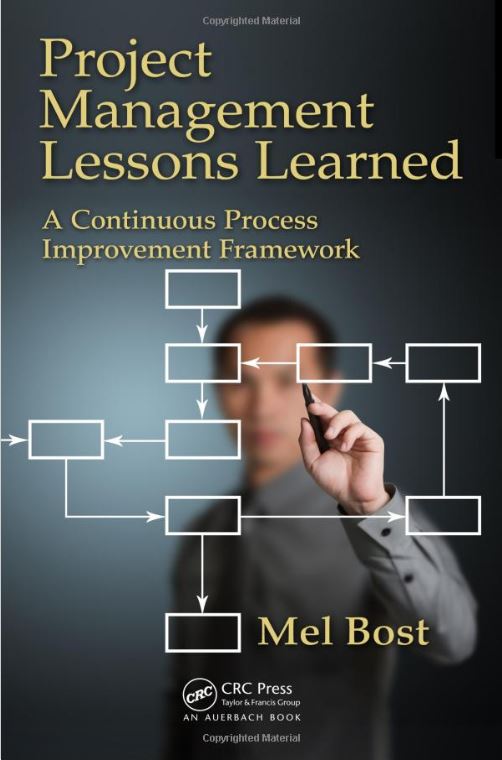In 1985, Atlantic Richfield Company (ARCO) moved me from Chicago where I had worked in its R&D facility, to its headquarters in the ARCO Plaza in Los Angeles, to head up a strategic planning group for ARCO Products Company. The day I arrived to find my new office was really exciting. As I walked through the corridors of my new floor, I happened to see a paperback book on the desk of an empty office. In the haste to vacate an office and discard old materials, someone had left this book for a new occupant to find. I picked it up and skimmed it quickly. It was Quality is Free by Philip Crosby, which he wrote in 1979. Being the book hoarder that I am, I took the book with me for future reference. I had no idea what value it would offer, but I knew that impulsive finds had always benefited my learning and ability to evaluate new opportunities in some way.
Over the years, as I worked in project management and process improvement, I learned that the Crosby book had been the “foundation” for Watts Humphrey at IBM in 1986 developing what came to be called the “Capability Maturity Model.” Crosby’s “quality Management Maturity Grid” had been used as a model for software engineering and development and the ways in which organizations move from “ad hoc” processes to fully optimized operations.
The book that I had picked up casually in 1985 was a “foundational” book in the sense that its concepts formed the basis for many significant models and frameworks in all phases of business, engineering, and technology.
As a project manager and team leader, what are the “foundational” concepts upon which you build your daily processes and standards? Have you ever really reflected on this question? Too often it is easy to fall into habitual activities that seem to fit the scenario you are facing at a given time. “Habit” is the fallback position when casual day to day decisions occupy most of your time.
Being project managers means we traditionally follow the practices of project management that are laid out in PMBOK, and include resource identification, scheduling, task definition, milestones, and execution, among other project concepts. That is a given.
Foundational concepts often arise from values and beliefs. How to handle expectations, dilemmas, conflicts, negotiations, allocation, priorities, stakeholder expectations, sponsor rights, ethical issues, and project team makeup are among the usual day to day tasks that occupy your time and attention. As a project manager, you are a role model for your project team. Your behavior often foretells how your team members will behave in the future when faced with similar situations.
How your team handles setbacks, unrealistic goals, performance shortfalls, and other human events can also be affected by foundational principles which you as the project manager can anticipate and manage.
So, project management is much more than guiding the planning and execution and close of a project. It is providing guidance based on values and beliefs that you put in place and which will become the “standards” by which your organization is judged as a PMO. Are you prepared to evaluate your performance on these foundational principles, and to make adjustments if necessary? If not, find another line of work. Real project management demands no less than your best effort to create the “foundational basis” for success.
By the way, I still have Quality is Free and often refer to it as a “foundational” text in my personal library.

Leave a Reply